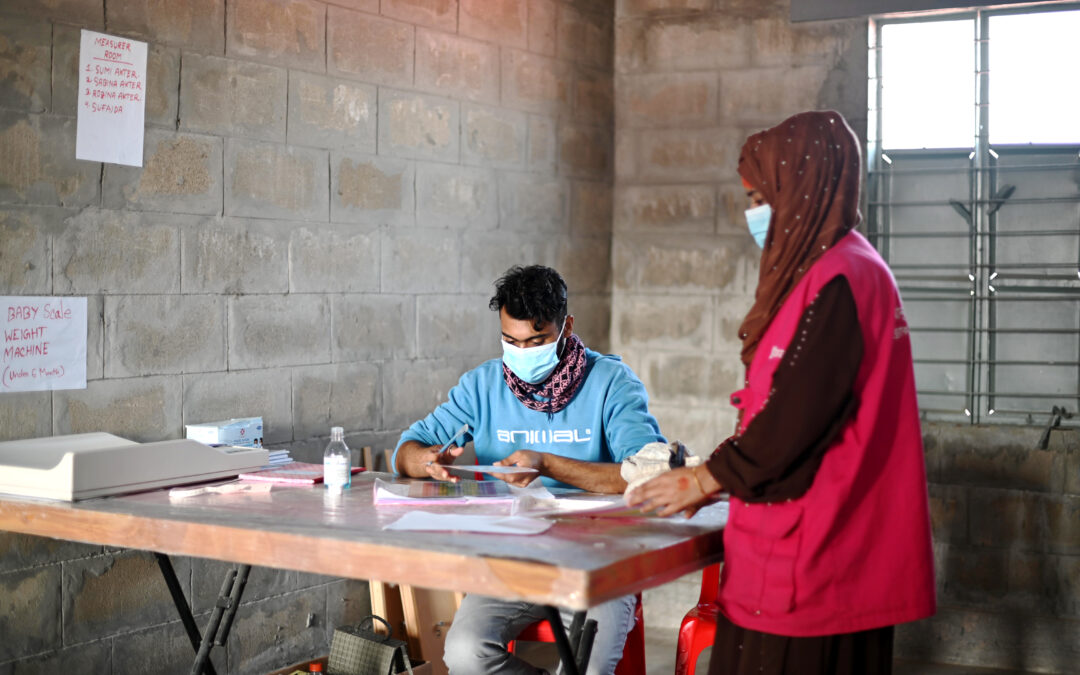

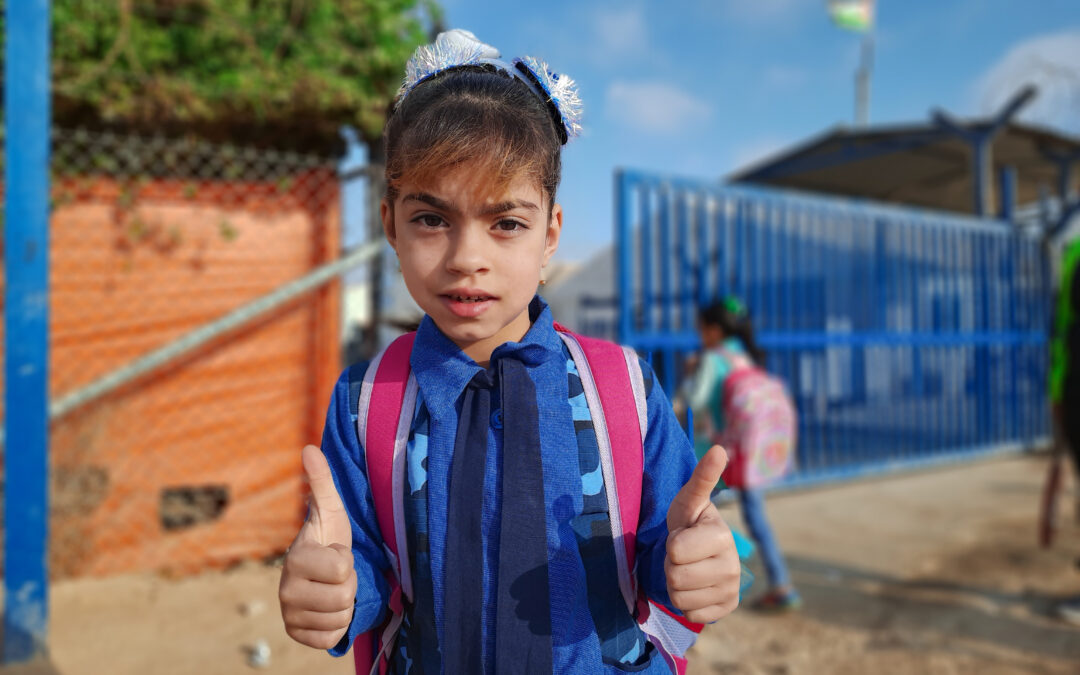
Moving towards better education data for greater inclusion and visibility of refugees
By UNESCO Institute for Statistics (UIS) and UNHCR Kindergarten-age Aden was born on the move. She arrived in Medenine, Tunisia, in 2019 with her parents who fled Darfur in 2003. UNHCR is partnering with the Tunisian Refugee Council (CTR) and the Tunisian Association...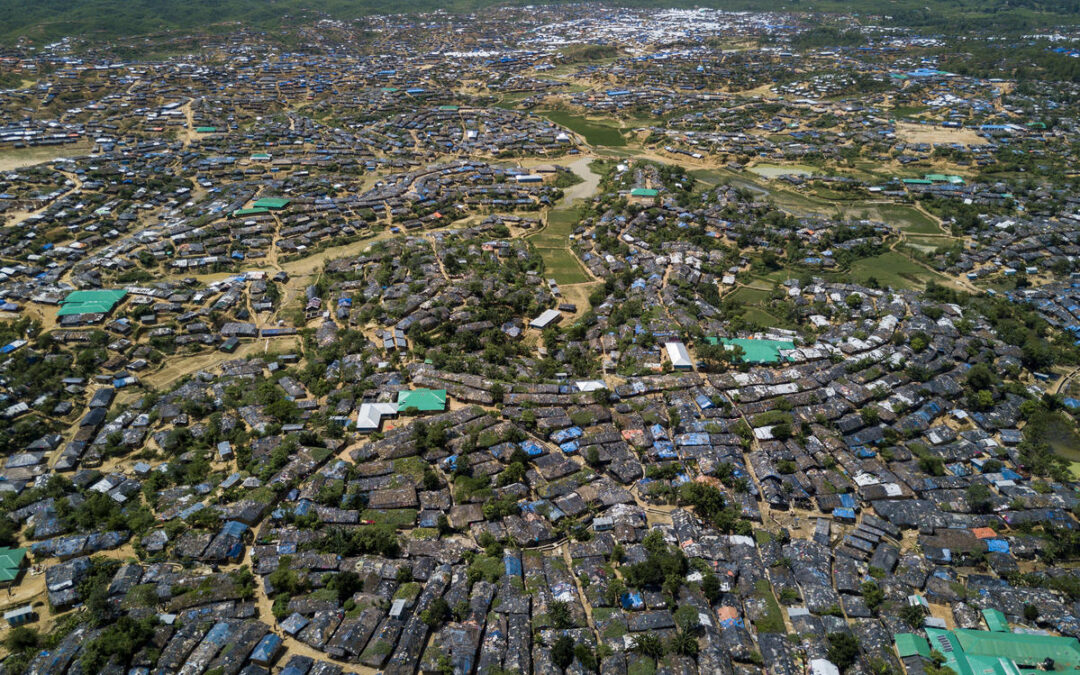
Predicting refugee flows with big data: a new opportunity or a pipe dream?
Big data can greatly improve early warning systems for humanitarian emergencies. But they must include potentially “invisible” populations, protect privacy rights, and be usable in cross-border settings.
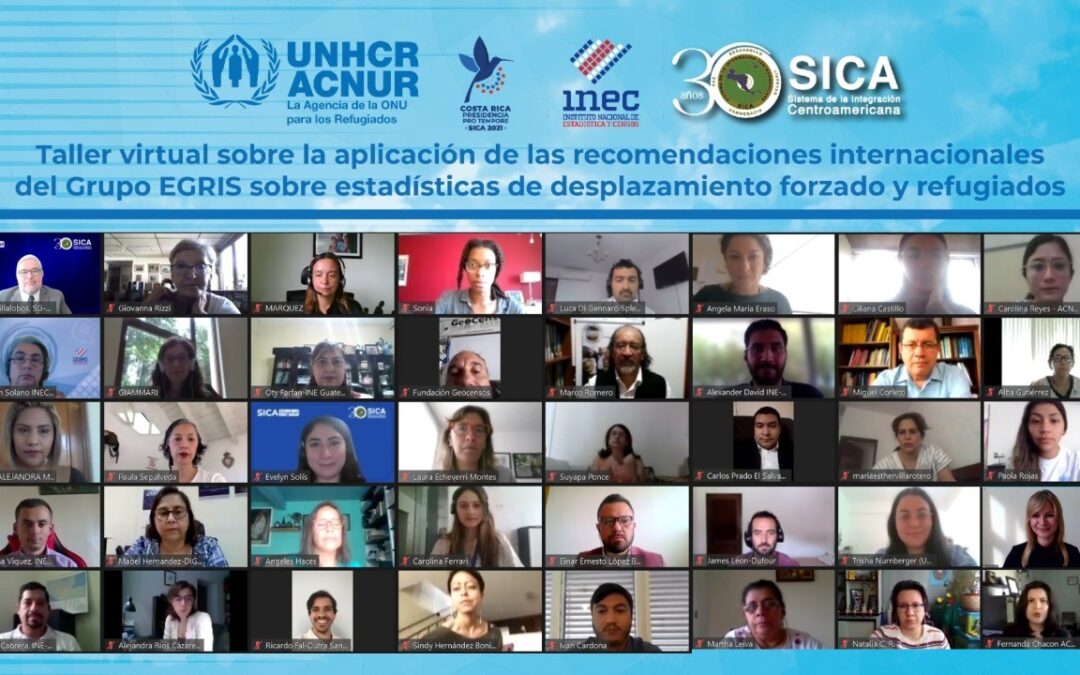
EGRIS International Recommendations: Dissemination in Central Americas
On the 7th and 8th of June 2021, UNHCR together with CENTROESTAD-SICA convened a virtual workshop on ‘The Implementation of the International Recommendations on Forced Displacement Statistics of the Expert Group on Refugee and IDP Statistics (EGRIS)’ with the objective to raise awareness on the international recommendations and discuss their implementation in the region.
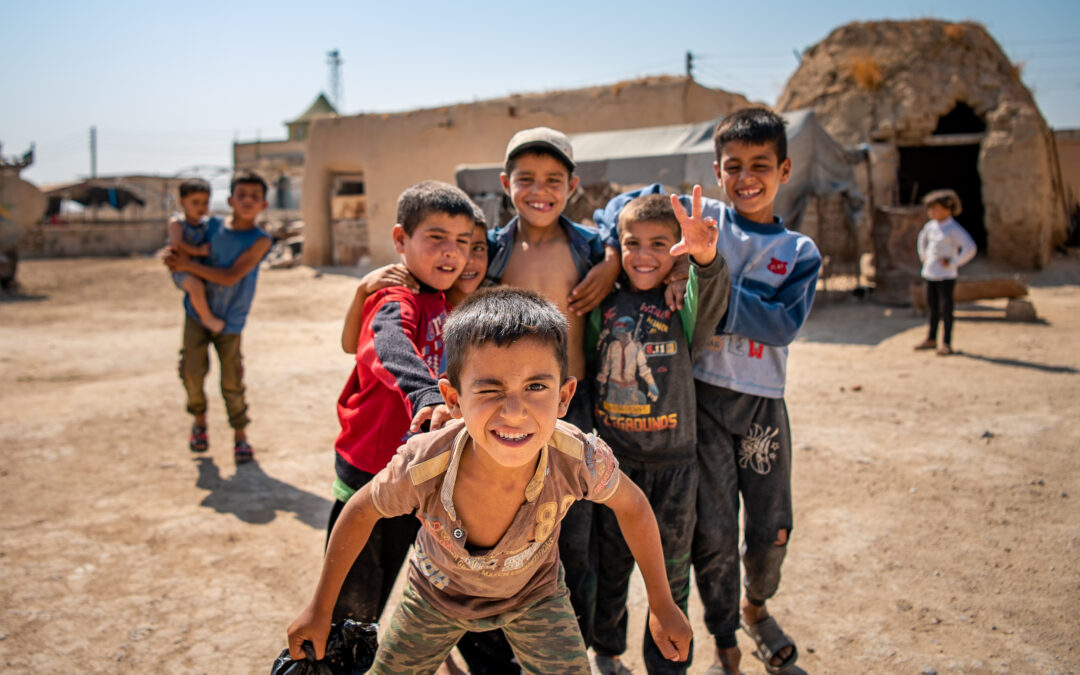
Opening data to expand our knowledge: VASyR 2020 in the Microdata Library
The Vulnerability Assessment of Syrian Refugees in Lebanon (VASyR), the most extensive assessment on refugees jointly conducted in Lebanon by UNHCR, UNICEF and WFP, and one of the only ones conducted face-to-face during the COVID-19 pandemic, has completed its eight round.
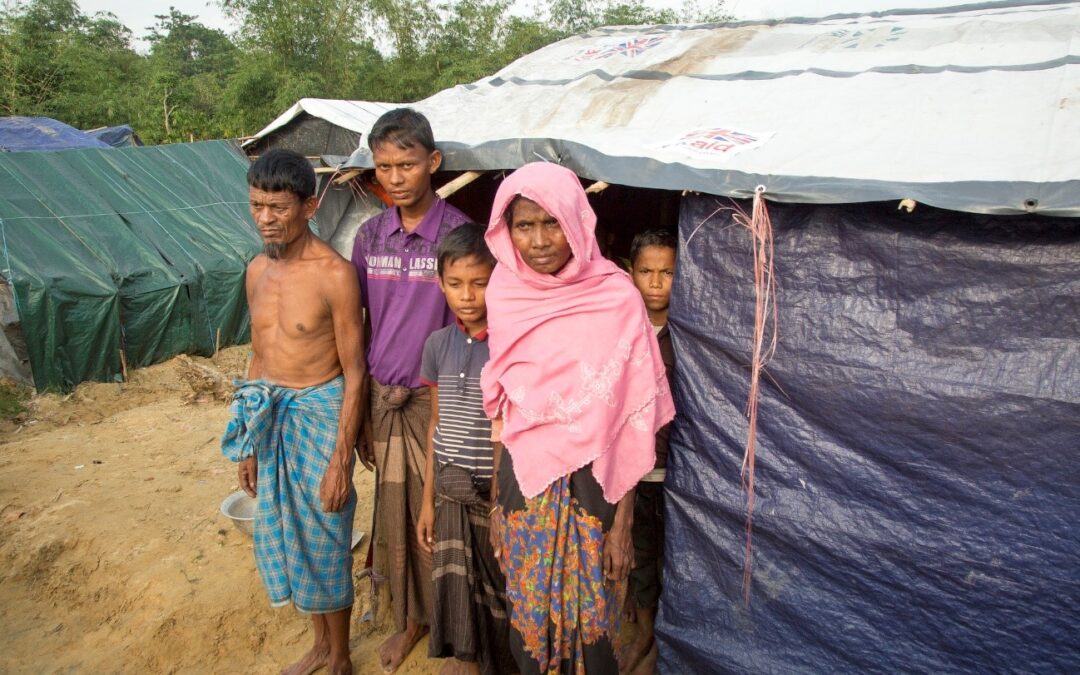
COVID-19’s impact on Rohingya and Bangladeshi adolescents in Cox’s Bazar
Rohingya refugees and Bangladeshi adolescents report being impoverished due to the COVID-19 pandemic, with girls experiencing the impact more intensely. Which policies should be prioritized to help adolescents weather the pandemic?
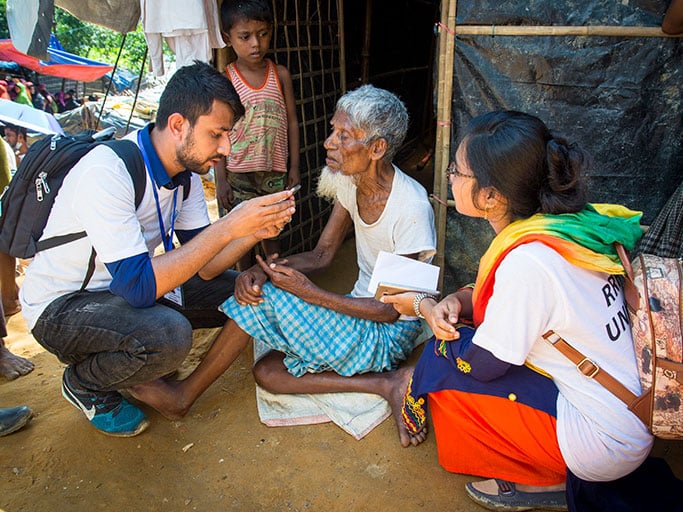
Advancing UNHCR’s open data vision: the new Microdata Library
UNHCR launches new platform to make anonymized microdata available to organizations, partners, or individual researchers who demonstrate a legitimate need to access it.
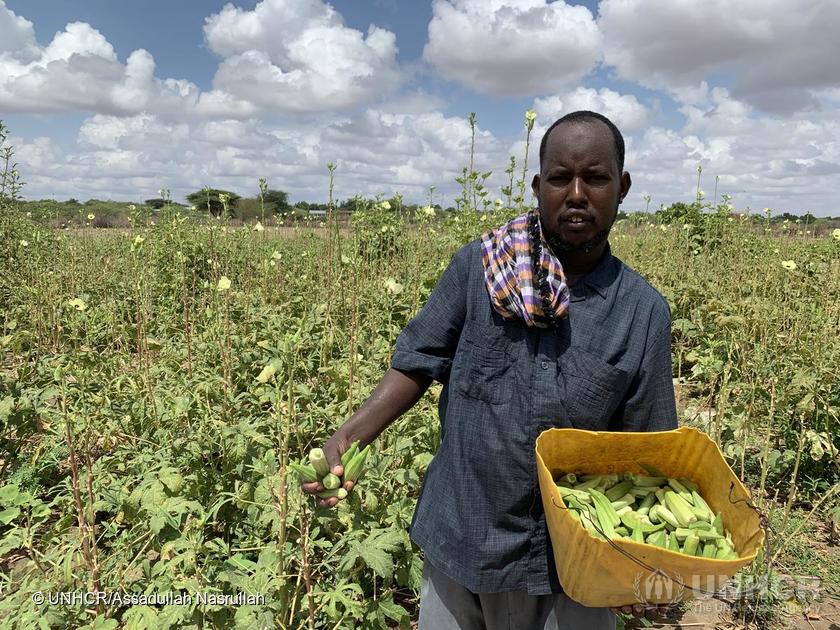
Beneficiaries of monitored livelihoods programmes see gains in employment, income and savings
Refugees are no different from others in that employment is crucial to their livelihoods, personal empowerment and integration into society.
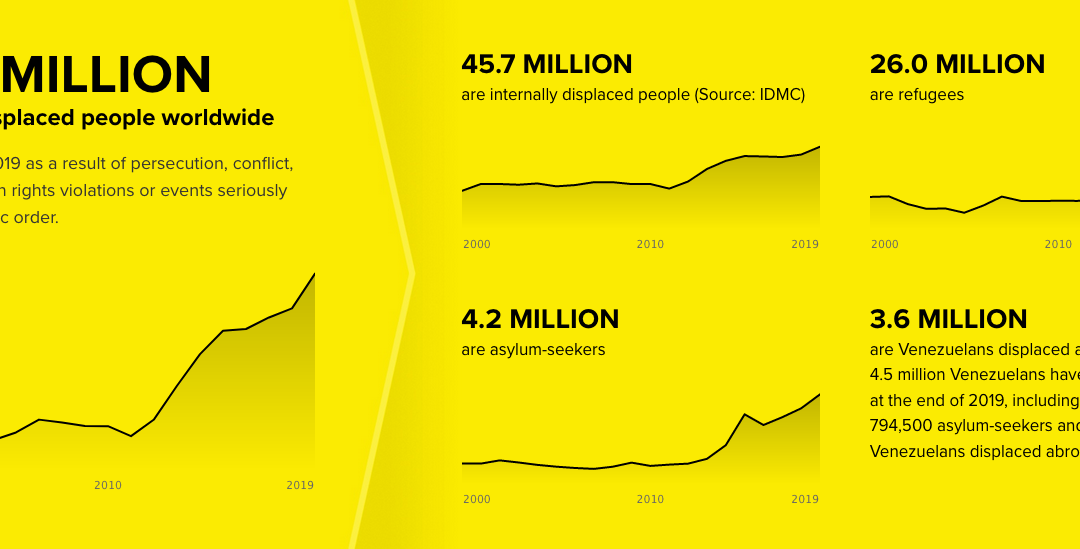
Refugee data at your fingertips: UNHCR’s new Refugee Population Statistics Database
UNHCR launches new database making information and statistics about forced displacement and statelessness available at your fingertips.
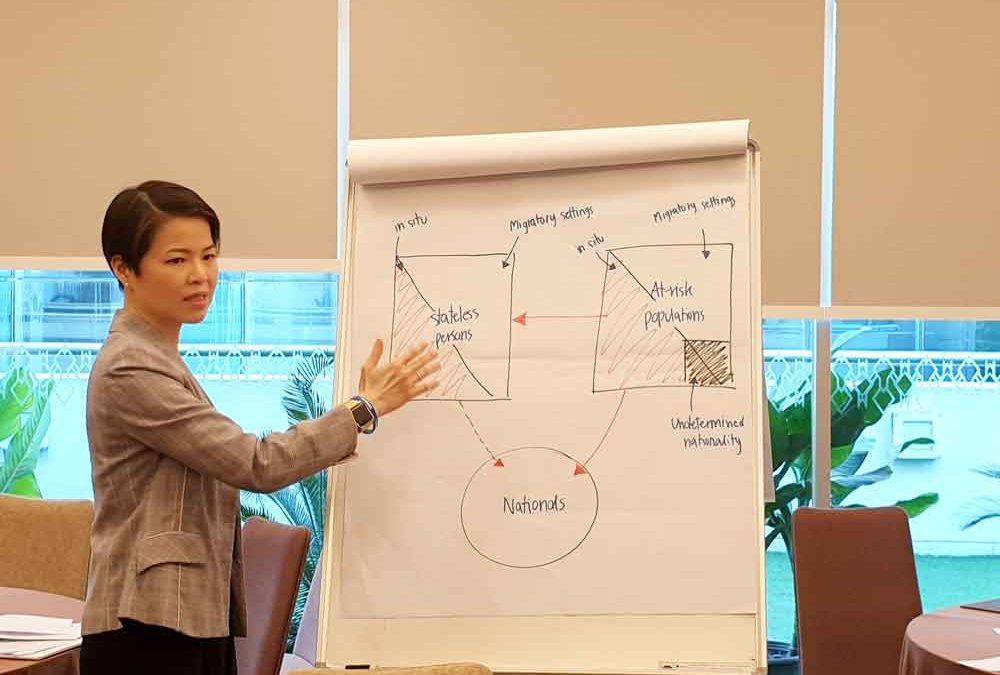
Better statistics to help end statelessness
Better data on stateless populations is essential if UNHCR is to achieve the goal set to end statelessness by 2024. The newly established ‘Expert Group on Statistics on Statelessness’ is currently working on a set of recommendations to help improve the official statistics.
